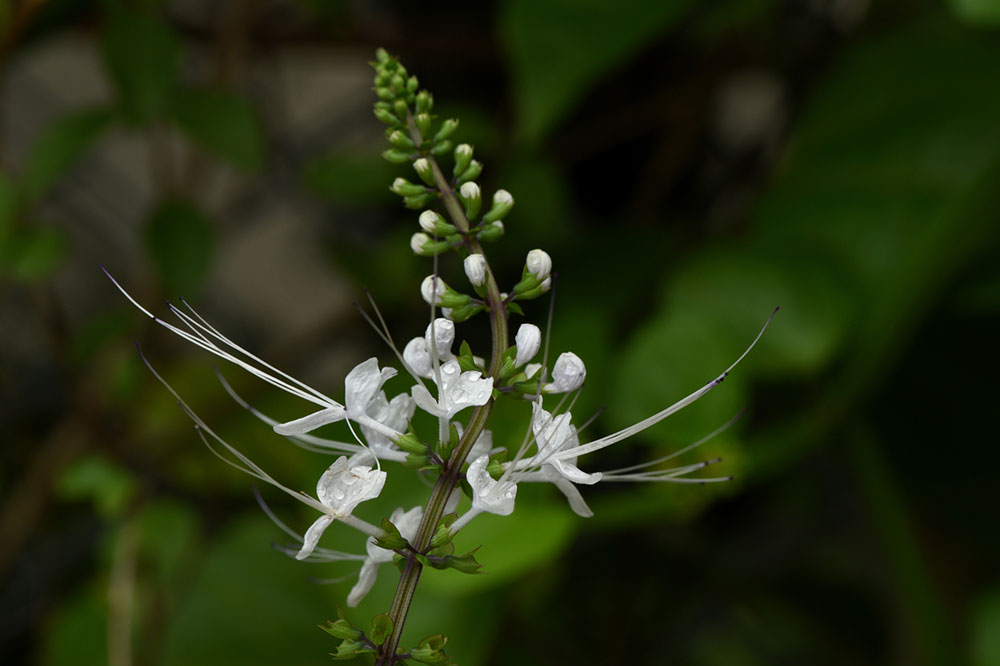
Watch Out for These Warning Signs of Plant Toxicity in Cats
Although the plants in your home garden look beautiful and keep the environment fresh, they can turn out to be deadly when it comes to your furry friends. If you suspect that your cat may have interacted with a toxic plant, you need to keep a check on the signs indicated by their body. So, listed below are the warning signs of plant toxicity in cats that you must know about.
Lethargy
Within minutes of consuming any part of the plant, your cat may become extremely lethargic. The toxic substance present in the plant gradually starts affecting your playful cat’s body, and when not attended timely, the situation gets worse.
Agitation
In the long list of warning signs of plant toxicity in cats, this is another visible sign. You may find your cat licking their paws excessively or wandering aimlessly due to agitation caused by the plant. However, not every cat may experience this symptom, as each animal’s body responds differently to a poisonous substance.
Vomiting
When the food starts to break down in the stomach, the cat’s body gets negatively impacted, and the vomiting occurs. In severe cases, you may also observe blood in the vomit, which is another indication of toxicity. However, vomiting is considered beneficial as it eliminates the toxic substance ingested by the cat and further prevents it from entering into the bloodstream.
Hyper-salivation
Among various warning signs of plant toxicity in cats, hyper-salvation can be instantly detected. Due to poisoning in the stomach, the cat is likely to experience excessive drooling accompanied by foam around the mouth.
Seizures
When the poison enters the blood flow, the cat starts having seizures, and their condition becomes critical. This is the time when you immediately have to rush to the vet to prevent sudden death.
Diarrhea
One of the most common warning signs of plant toxicity in cats is diarrhea. The toxic ingredient of the plant irritates the intestinal tract, which leads to diarrhea. Although diarrhea indicates that the poison has entered the blood, the cat can still be healed without difficulty.
Rapid breathing
If you observe your cat breathing rapidly or experiencing difficulty breathing, the chances are that the airways must have been affected by the noxious substance. This makes it completely difficult for the cat to breathe normally and requires immediate attention from a vet.
Coma
Coma is considered the last stage on the severity scale. This means that the entire body has been affected, mainly the functions of the brain. It is a severe condition, and even if the cat wakes up from the coma, they may have to deal with brain damage.
As soon as you observe even any one of these warning signs of plant toxicity in cats, you must immediately contact a vet. After examining the condition, the vet will perform the right treatment to eliminate the poison from the body and restore the cat to their proper health.


